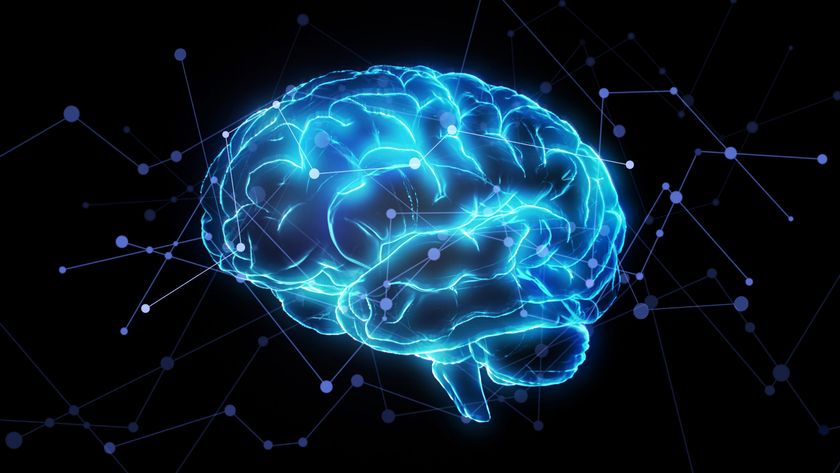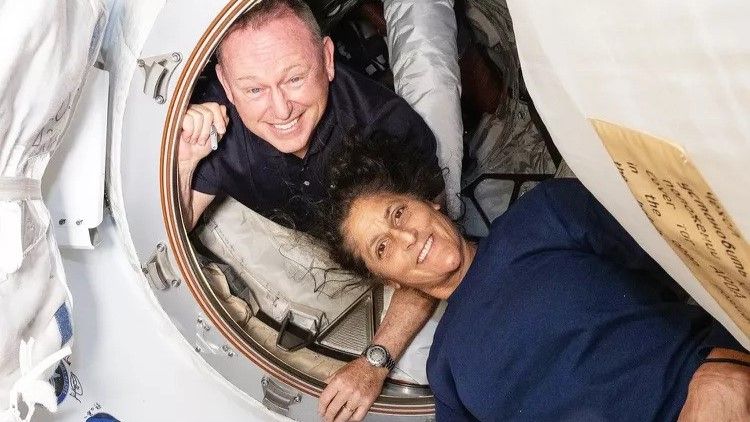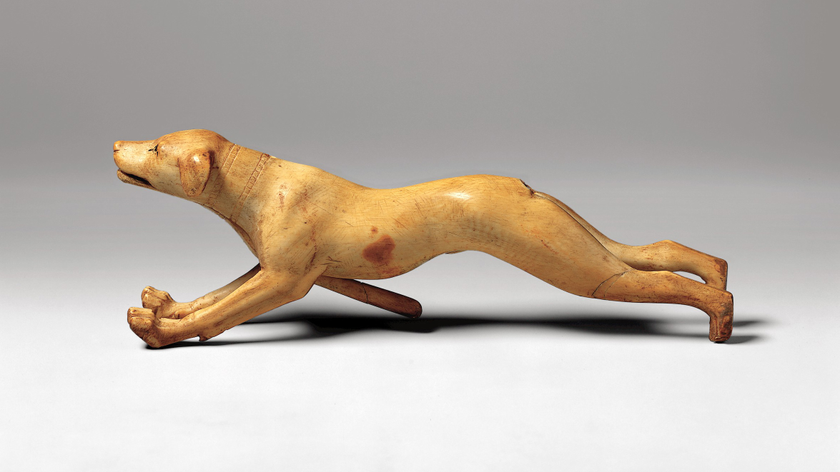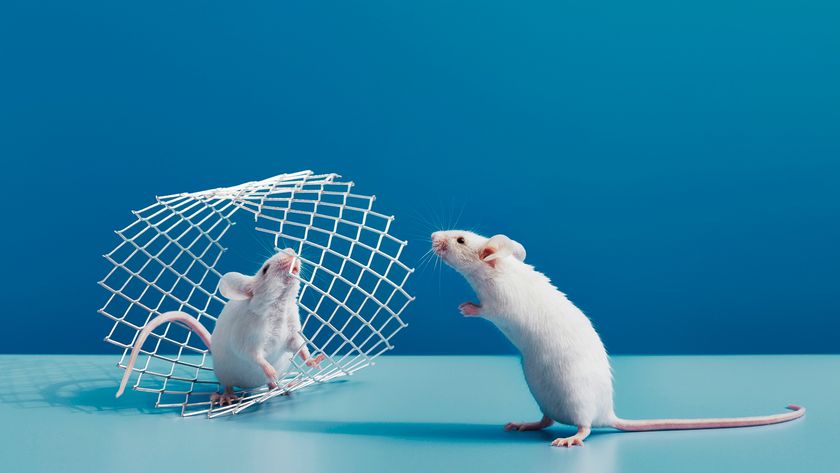Big Brains Mean Longer Life

Brains are good for more than acing exams. Turns out, nerdy noggins also help primates like us live longer, anthropologists say.
Scientists have long pondered the reason for humans' and other primates' relatively hefty heads. Elephants boast the biggest brains by volume of all land animals, but relative to body size, humans hold the brain-size record.
"There's got to be a benefit to this big brain, because big brains are really expensive to grow and maintain, energetically expensive," said lead researcher Nancy Barrickman, a graduate student in Duke University's Department of Biological Anthropology and Anatomy.
The study, to be detailed in a forthcoming issue of the Journal of Human Evolution, suggests primates basically balance the costs of growing big brains with the survival benefits they get from having stellar smarts — they live longer.
Growing a brain
By comparing brain sizes and other developmental features of 28 primate species, Barrickman and her colleagues found primates with larger brains take longer to reach sexual maturity.
The researchers focused on primates living in the wild, because captive species tend to grow up faster, a phenomenon that would skew results. For humans, the team studied the Ache, a tropical forest culture in eastern Paraguay.
Sign up for the Live Science daily newsletter now
Get the world’s most fascinating discoveries delivered straight to your inbox.
This time-consuming bulking of the brain better be worth it: "In order to pay off all that time you spent growing up," Barrickman said, "either you live a long time and have lots of kids over that life span, or you reproduce really fast. Either way you're getting a lot of offspring."
The analyses showed big brain size is linked with longevity rather than reproductive rate.
Survival smarts
The researchers suspect the extra brainpower allows primates to learn savvy food-finding techniques, as well as predator avoidance and social skills.
For instance, studies by Barrickman's colleagues showed the brainiac of all lemurs, called the aye-aye, also has one of the most bizarre food-finding techniques. These bat-eared lemurs are thought to need extra brainpower to master the skill of tap-foraging, in which they locate insect larvae by tapping on tree trunks and listening for the telltale sounds of a tasty morsel.
"It takes a year-and-a-half to learn it, and the babies need to spend a lot of time watching the mom," Barrickman said.
Human helpers
While humans fit in with the basic pattern of brain size and longevity, we stood out in one respect. Humans in hunter-gatherer societies don't take much of a break between babies, just three years on average, the researchers found.
"In a hunter-gatherer [society], three years is short," Barrickman told LiveScience. "You've got a three-year-old toddling around the African bush and another baby on your back. That's really difficult to juggle."
Our secret: family helpers, such as grandmas, fathers, older siblings and others. "It's not just mom," Barrickman said. The study was supported by the scientific research society Sigma Xi, the American Museum of Natural History in New York and the Ruggles Gates Fund for Biological Anthropology in the U.K.
- Are Big Brains Smarter?
- Top 10 Mysteries of the Mind
- Why Haven't All Primates Evolved into Humans?
Jeanna Bryner is managing editor of Scientific American. Previously she was editor in chief of Live Science and, prior to that, an editor at Scholastic's Science World magazine. Bryner has an English degree from Salisbury University, a master's degree in biogeochemistry and environmental sciences from the University of Maryland and a graduate science journalism degree from New York University. She has worked as a biologist in Florida, where she monitored wetlands and did field surveys for endangered species, including the gorgeous Florida Scrub Jay. She also received an ocean sciences journalism fellowship from the Woods Hole Oceanographic Institution. She is a firm believer that science is for everyone and that just about everything can be viewed through the lens of science.











